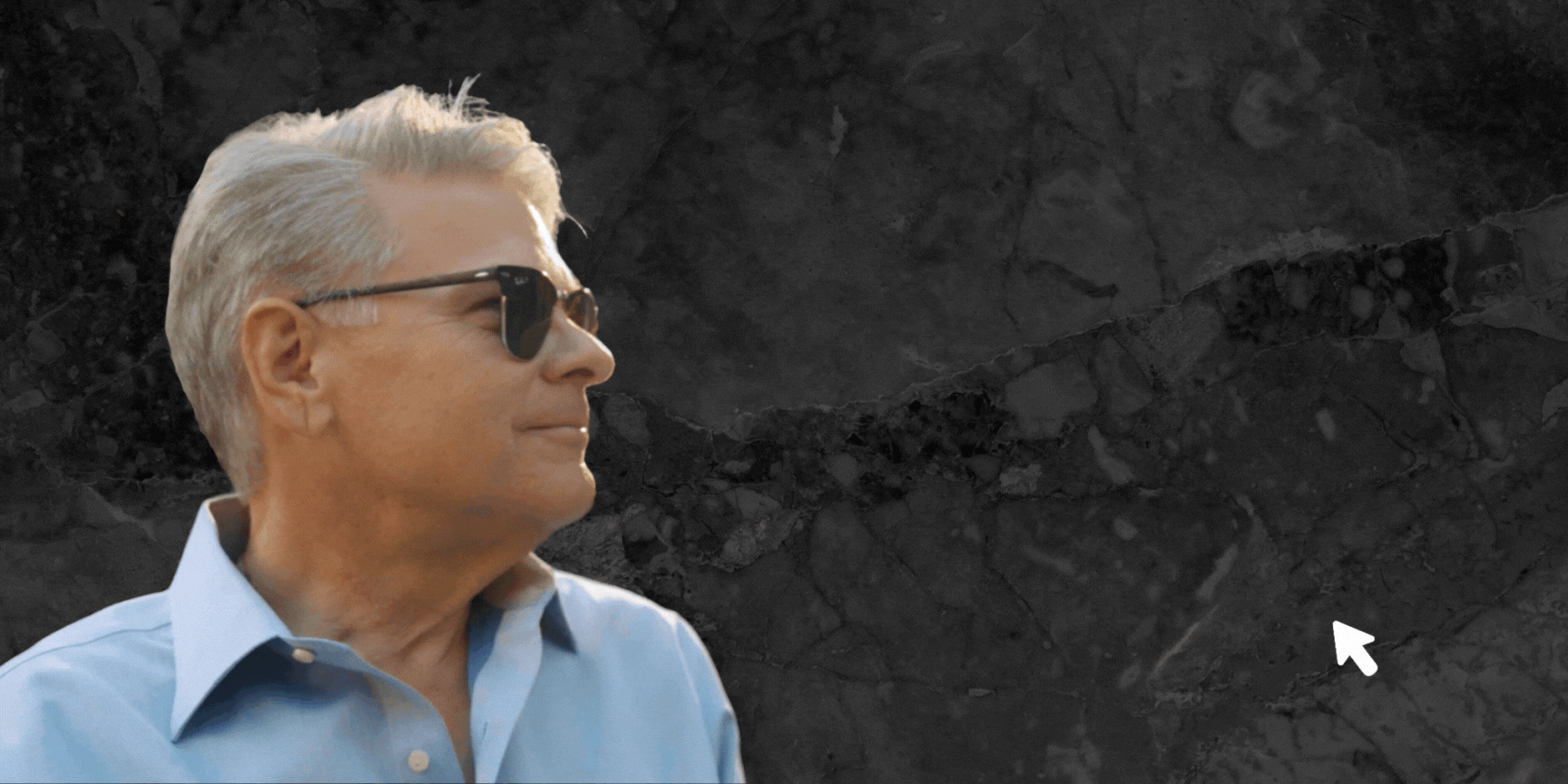Ever wondered about ‘The Earnest Money Deposit in Bay Area Real Estate Sales’? It’s an essential, yet little understood facet of the home buying process. Learn all about it in this informative guide.
What is an Earnest Money Deposit?
An earnest money deposit, in essence, acts as an assurance to the seller that you’re serious and committed to the home purchase. In the high-stakes world of Bay Area real estate, it’s a crucial part of the buying process that signifies one’s intent and capability. It shows that you are an earnest buyer. That you are ready, willing, and able to put some skin in the game.
Break it down, and you find the earnest money deposit is in essence, simply, a good faith payment. It’s a concrete financial proof, telling a seller that the buyer is not just interested but ready to commit to making a purchase of a property.
Definition and Purpose
The Earnest Money Deposit (EMD) is an integral part of real estate transactions, acting as a demonstration of the buyer’s commitment and capacity…that the buyer is not just all talk. While the name might be intimidating, it’s simply a good-faith deposit made when a buyer enters into a contract with a seller.
Traditionally, the EMD serves two main purposes. It strengthens the buyer’s bid by showcasing their monetary commitment and provides security for the seller should the buyer back out without good cause.
In the world of Bay Area’s real estate, EMD plays an even more crucial role; it helps buyers stand out amid intense competition, showing their genuine intent in concluding the transaction. A buyer can make their offer stand out by offering a larger amount of deposit and the rapidity with which the deposit is made.
Significance in Bay Area Real Estate Sales
In the highly competitive Bay Area property market, earnest money deposits take on greater significance. It’s a token of how serious the buyer is, essentially putting your money where your mouth is, showing sellers you’re genuinely interested and equipped to purchase.
Given the exuberant real estate scene in the Bay Area, earnest money deposits often can tip the scales in your favor amidst numerous bids. It tends to provide sellers a sense of certainty, adding weight to your offer while setting it apart from others.
Typical Deposit Size
When navigating the size of earnest money deposits in the Bay Area, it’s handy to remember that they typically hover around 1-3% of the home’s purchase price. However, the market’s competitiveness can significantly drive up the deposit amount. It should be noted that the minimum deposit size is $1; in some cases, with a highly motivated seller and a buyer with limited cash reserves, this might actually work, although it’s very rare.
In most parts of the Bay Area, sellers are able to negotiate a 3% earnest money deposit. In some cases, buyers may offer more than this – say 5% or even 10% – as a show of their commitment and capacity to pay.
Range of Deposit Amounts
In the Bay Area, earnest money deposits typically range from 1% to 3% of the home’s sale price. However, this can vary greatly based on numerous factors.
- The average earnest money deposit usually sits around 1-2% of the purchase price.
- For higher-end properties, buyers may opt to put down a heftier deposit, sometimes as much as 5-10%.
- Depending on the competitive nature of the market and the buyer’s eagerness, the deposit can exceed the norm.
Factors Affecting Deposit Size
Several elements shape the size of your Earnest Money Deposit in the Bay Area real estate market. Understanding these factors can help set expectations and plan your budget accordingly.
- Strength of the local real estate market – In hot markets, where competition among buyers is high, sellers might negotiate larger deposits.
- The property’s overall price – Generally, the higher the asking price, the larger the deposit required (at least in dollar terms).
- The buyer’s financial situation – A larger deposit can display serious interest and financial stability, making the offer more appealing.
- Seller’s preferences – Some sellers might request a certain deposit amount based on their own comfort and security.
When is the Deposit Due?
In a typical Bay Area real estate transaction, your earnest money deposit should be submitted within three business days after you and the seller sign the purchase agreement (this is the default time period, but it is negotiable). However, this timeline may vary based on negotiations between both parties, so it’s crucial to pay close attention to this date. Often times, sellers will insist that the earnest money deposit be made within one business day of acceptance of the offer.
Important Timelines
In most Bay Area real estate sales, the earnest money deposit is typically due within 1-3 business days after both parties sign the California Residential Purchase Agreement. It’s a key date to remember as it is one of the first milestones in the purchase contract – and failure to make the deposit could result in cancellation of the contract via a notice to buyer to perform.
After remitting your earnest money deposit, there are few important timelines observed. These include the inspection, loan, and title contingency removal dates; missing any can jeopardize your deposit.
Contingencies and Increased Deposit Deadlines
It is possible to write a purchase offer that has an initial deposit, and an increased deposit. The initial deposit would be due with a short number of days after the offer is accepted. The increased deposit, if any, would be due later, typically after the buyer has released all their contingencies. The time period allowed for contingencies, such as inspections or loan approval, will be negotiated with the seller, and they may be extended by mutual agreement if necessary.
In a contract with an initial deposit and increased deposit, the initial deposit might be 1% and the increased deposit would be an additional 2%, which would be deposited into escrow by the buyer once all the contingencies have been released.
As it happens, an “increased deposit” would typically be due only 7-10 days before closing, at which point the remainder of the buyer’s down payment would be due into escrow. Since there is usually such a short period of time between the deadline for the increased deposit and the time the remainder of the buyer’s down payment funds are deposited into escrow, few buyers negotiate an initial deposit + increased deposit today, and prefer just to make one larger earnest money deposit initially after the offer is accepted.
Where is the Deposit Held?
When you make an earnest money deposit, it’s stored in a neutral location, a third-party escrow account. This account ensures that your earnest money remains safe and untouched until the real estate transaction is closed.
With your earnest money deposited, it’s out of your hands but also out of the seller’s reach. This third-party account reassures both parties that the process is impartial and secure, protecting your investment until all the conditions are met.
Third-Party Escrow Account
When it comes to housing transactions, the third-party escrow account is an essential player. This secure account holds your earnest money deposit throughout the housing transaction process, ensuring none can misuse it.
The role of this escrow account in the real estate sales is undeniably crucial. It not only holds your deposit but also stands as the neutral ground between you and the seller until the transaction is complete.
Dealing with deposits can be a tricky business, but having them held in a third-party escrow account lays to rest many concerns. It offers you a layer of protection and lends integrity to the entire process.
Escrow Holder and Role
Meet the Middleman in the earnest money deposit process, the escrow holder. This neutral third-party entity ensures the money deposit is held securely until the real estate transaction is completed.
The escrow holder’s role isn’t just a custodian; they also oversee the entire transaction. Their tasks include documenting the terms, receiving funds, and distributing the funds according to the agreement — a link that binds all parties securely and fairly in the real estate journey.
Is the Deposit Part of the Down Payment?
In the grand scheme of a home purchase, your earnest money deposit is indeed part of your down payment. This means that the earnest money you initially provide gets credited towards the down payment and/or closing costs.
How is the Deposit Made?
To make your earnest money deposit in the Bay Area, you typically write a personal check, wire transfer, or sometimes even use a money order, payable to a reputable third-party escrow holder right after your offer has been accepted.
- Ensure you have enough funds in your bank account if you’re writing a personal check.
- Prepare the necessary details if you plan to wire the money.
- Find a trusted money order service if it’s your preferred method.
- Make the payment promptly after your offer to purchase has been accepted.
Is the Earnest Money Deposit Refundable?
Fact or Fiction: Unraveling the refundability of Earnest Money Deposits catches the attention of every prospective buyer. It’s crucial to know, earnest money can be refundable, provided the contract is canceled within the contingency period due to unmet conditions.
In the realm of Cashing Out: Understanding the Refund Conditions for Earnest Money Deposits, the key is navigating your contract wisely. If the buyer backs out without a good reason after the contingency period, they’re likely to lose their earnest deposit. So, always tread carefully!
Circumstances for Refund
A refund of your earnest money deposit is possible if certain situations, known as contingencies, arise. These can include a failed home inspection, inability to secure a loan, or appraisal of the home coming in lower than expected.
- Failed home inspection
- Inability to secure a mortgage loan
- Appraisal value lower than the purchase price
However, to receive a refund of the deposit under one of these contingencies, you must not have first released that specific contingency. In some cases, purchase contracts may not have any contingencies at all (that is, the buyer made a non-contingent offer), and getting a refund of the earnest money deposit may be a challenge.
Non-Refundable Earnest Money
In some instances, you might have to wave goodbye to your earnest money. If contingencies outlined in the contract are not met by the buyer, the deposit is usually non-refundable. For example, if you default on the agreement or fail to secure a loan within the specified timeframe, your earnest money could be at risk.
When you make an earnest money deposit, you’re essentially making a firm commitment to purchase the property. If you decide to skip out on buying, this act can cost you. Unless there is a valid contingency like property appraisal issues or you discovering material defects during the home inspection, walking away from the deal might mean forfeiting your deposit.
Keep in mind, earnest money isn’t intended to be a free pass to walk away without risk. It is, after all, a good faith deposit. Therefore, be mindful of contract terms, as not adhering to them could lead to a non-refundable scenario. In essence, if you’re not earnest about buying, the deposit can slip away.
Getting Your Deposit Back
Mission Possible: To retrieve your earnest money deposit after canceling a contract, it’s essential to be mindful about deadlines and terms outlined in your purchase agreement. By keeping up with the designated timeframes, adhering to the required documentation process, and working closely with your real estate agent and escrow company, you can increase your chances of getting your deposit back.
Recover or Forfeit? The fate of your earnest money deposit highly depends on the situation. If contingencies haven’t been met, such as securing a mortgage or a less satisfactory home inspection result, you may be eligible for a full refund. However, if you simply change your mind without a valid reason that’s covered in your contract, you run the risk of forfeiting your deposit.
Cancellation of the Contract
In the event you choose to terminate the agreement, your earnest money deposit isn’t automatically forfeited. It all depends on the provisions outlined in the contract’s cancellation policy, and how well you’ve adhered to them.
Consequences for backing out heavily hinge on the stipulations within the contract, especially factors like buyer contingencies. If you can show the termination was due to an unmet contingency, you stand a good chance of retrieving your deposit.
It’s essential to thoroughly comprehend the terms and conditions of your contract. This understanding steers you clear of costly mistakes, ensuring you’re appropriately covered should you decide to abort the mission early on.
Deposit Forfeiture
When it comes to forfeiting your earnest money deposit, it may feel a lot like ‘Gone with the Wind’. If contingencies in your contract aren’t met and the purchase doesn’t go through, there’s a chance you’ll lose your deposit.
This consequence, often called deposit forfeiture, is a stark reality in real estate sales. It’s a risk taken, something that brings gravity to the transaction, signaling the buyer’s profound intention to purchase.
Should the deal go awry sans valid reasons, the seller has the right to keep the deposit. Yes, your earnest money could potentially go astray, a reminder of the critical role a deposit plays in the journey of home buying.
Additional Considerations
As you dive into the world of real estate, remember there are additional aspects to consider. Various other factors can influence your earnest money, such as market trends, individual seller demands, and unexpected home inspection results. Be ready, Bay Area, your earnest money deposit experience might be fascinating.
Setting expectations right from the start is crucial in this journey. Anticipate how, when, and where to present your earnest money deposit. This includes being prepared for potential deviations, like an unusually high demand from a seller, or unforeseen hiccups, like withdrawal from an accepted offer.
Seeking Professional Advice
Navigating the labyrinth of earnest money deposits has its own set of intricacies, especially in the dynamic Bay Area real estate market. Engaging with a real estate expert can own up to be an intelligent move, offering much-needed clarity and steer to crack the best deals.
Tapping into professional guidance in real estate transactions can prove to be not just instructive, but also financially rewarding. Indeed, the advice of a seasoned real estate counsel can help protect your deposit, making every penny worthwhile in your homeownership journey.
Check out these Great Homes for Multi-Generational Living
2
3
4
5
6
7
8
9
10
11
12
13
14
15
16
17
18
19
20
21
22
23
24
25




